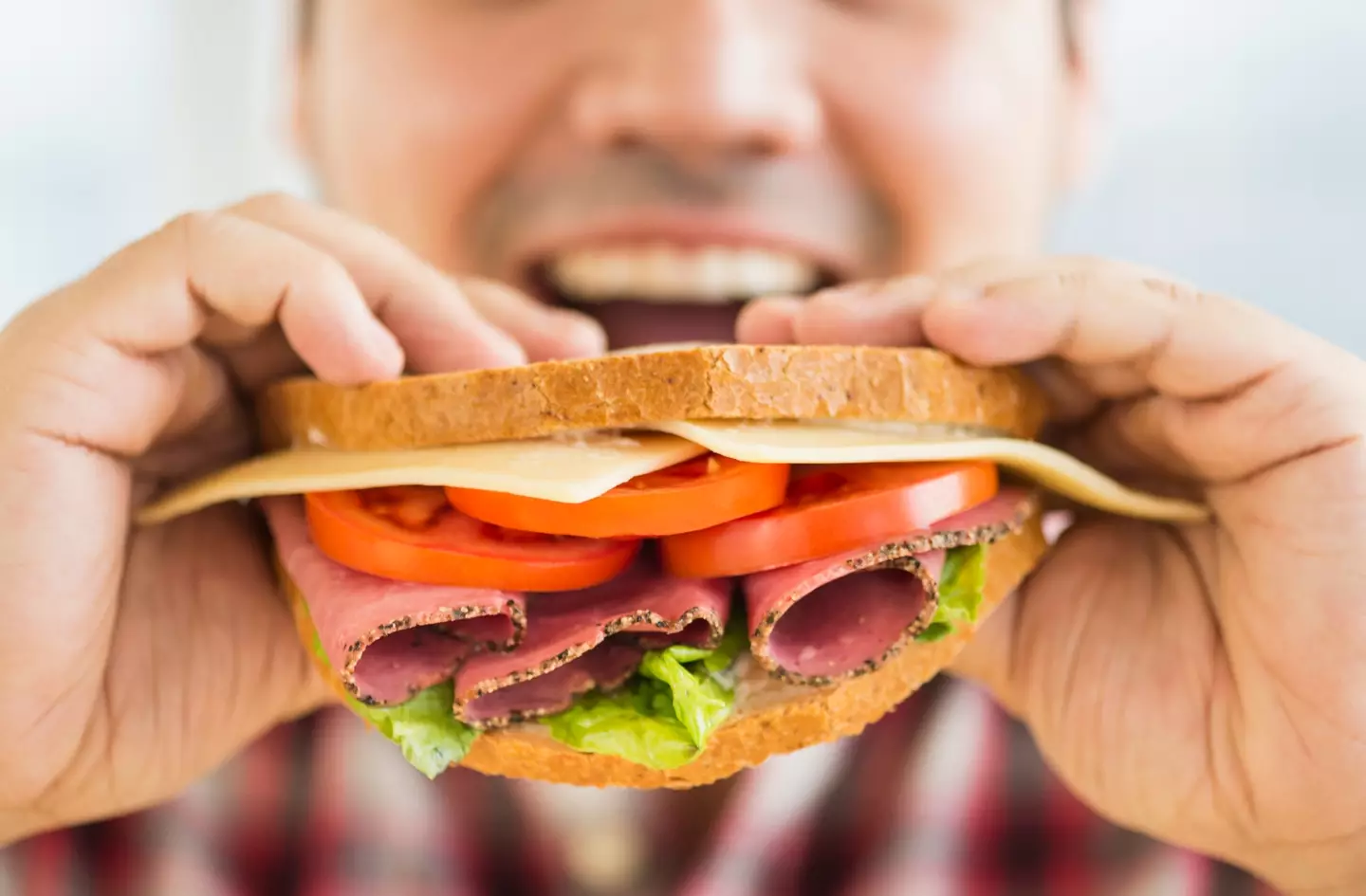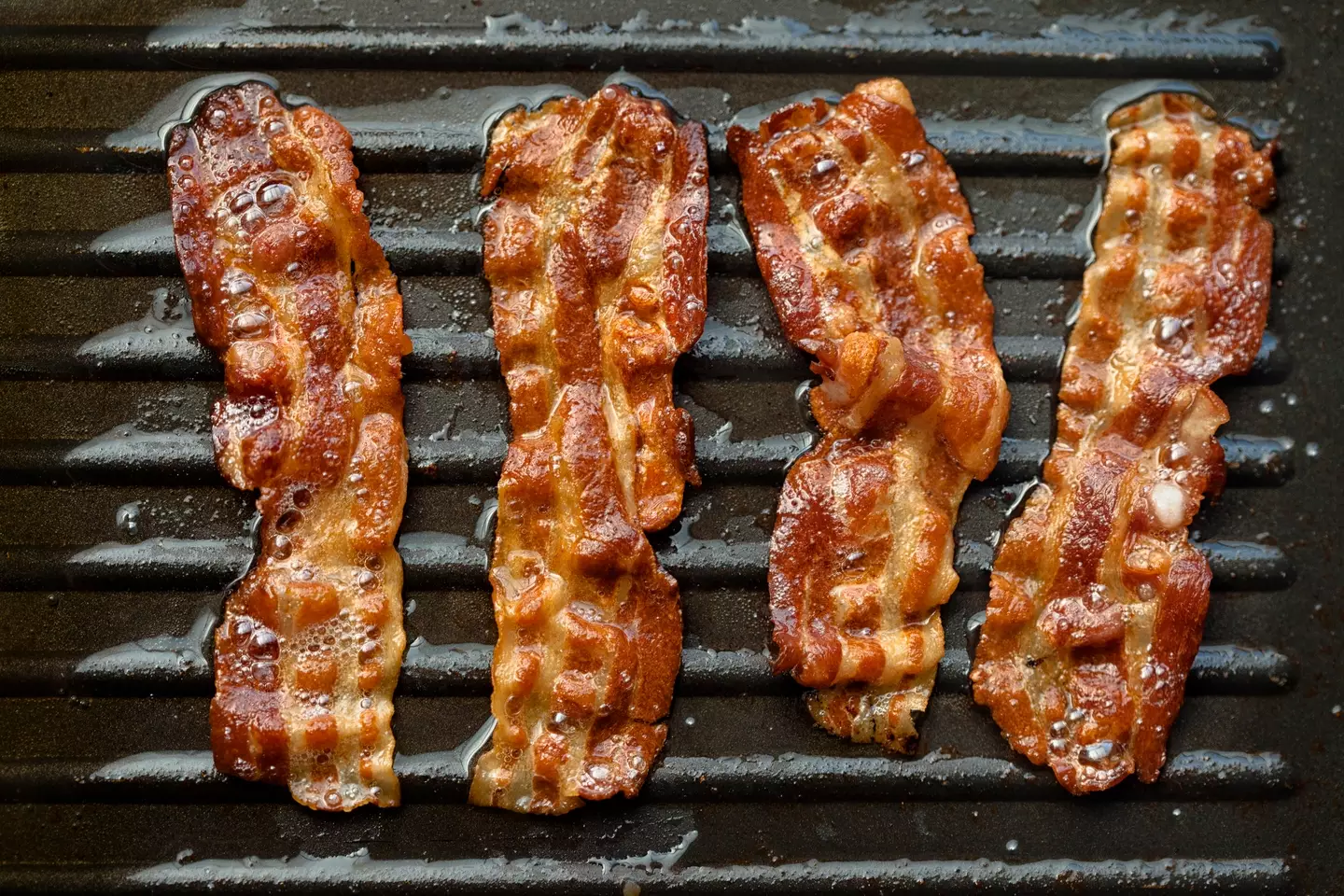The NHS has shared the five foods to cut out of your diet in order to decrease the risk of developing cancer.
As our understanding into the links between our day-to-day lives and cancer develops, the more we learn about what we can do to limit our exposure to carcinogens increases.
However, this has meant that several food and lifestyle items we once enjoyed now come attached with warnings from scientists and healthcare officials – with guidelines constantly being updated.
Here are the five food items the NHS and World Cancer Research Fund have recommended you cut from your diet:
Processed Meat
According to research conducted by the World Health Organisation (WHO) processed meats are considered a Group 1 carcinogen – something which is something is known to cause cancer – with guidelines recommending you should cut them out of your diet as much as possible.
Processed meat refers to meat that is ‘not sold fresh, but instead has been cured, salted, smoked, or otherwise preserved in some way’.
These food items are linked to the disease due to chemicals such as nitrates and nitrites which are added during production. The chemicals are added as they keep meat fresher for longer.
However when consumed nitrates and nitrites can become ‘N-nitroso chemicals (NOCs)’ which damage the cells that line our bowel – thus increasing our risk of bowel cancer.

Do you eat any of the foods on this list? (Getty Stock Images)
Bacon
Unfortunately, the staple in cooked breakfasts up and down the country could be very damaging for our health.
It will likely come as no surprise that bacon is on this list, as we’ve long known that a food which is often served fried is filled with saturated fats – which increases our risk of heart disease.
However the curing process used to make bacon means that it makes it onto the carcinogen list.
The WHO also adds that cooking these foods at high temperatures also ‘produces more of certain types of carcinogenic chemicals’.
Salami and Chorizo
Like bacon, pork products such as salami and chorizo are also cured sausages which means that the preserving process (which has traditionally been done to avoid spoilage and food poisoning) can have a negative impact on our health.
The curing process puts you most at risk of developing bowel cancer, with the WHO saying that eating 50g of processed meat a day will increase your risk of developing bowel cancer from 6% to 7%
Corned Beef
Although corned beef contains nutrients like iron and vitamin B12, the salting process puts it on the list of chemical compounds which increase our risk of cancer – meaning that it is important to limit our consumption. Not that eating meat from a tin is particularly appetising anyway.
Beef is also listed in the carcinogen group 2A, which means it is considered something that will ‘probably cause cancer’.

Sadly for many, bacon is on the NHS’ list of foods to avoid. (Getty Stock Images)
Ham
A sandwich staple for most people, ham also makes the list of processed foods to avoid due to salts (nitrates) being used to create its distinctive taste.
It should also be noted that, like beef, pork is also listed as a class 2A carcinogen regardless of its production process.
While cutting out processed meats won’t eliminate your risk of developing cancer altogether – there are multiple factors which can increase your risk – swapping them out or limiting your consumption isn’t a bad idea when it comes to looking after your health.
The NHS also advises limiting your consumption of red meats to 350-500g (cooked weight) per week. These can be swapped out for fresh white meats (such as chicken, turkey) or fish which aren’t currently linked to a increased risk of developing cancer.
Featured Image Credit: Getty Stock Images
Topics: UK News, Health, NHS, Cancer, Food And Drink

